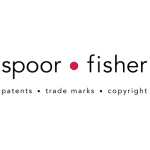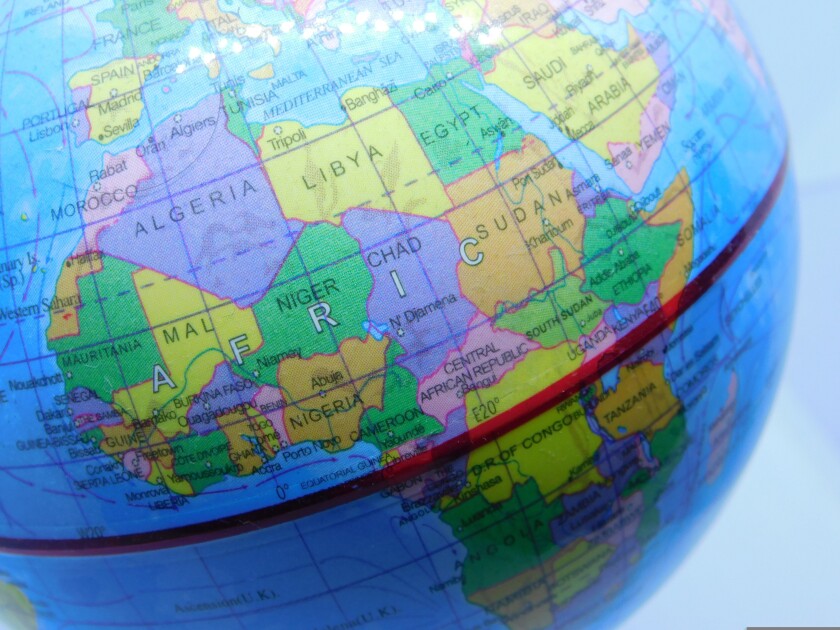Not yet digital
There are still countries in Africa that have not yet digitised their trademark records. These are Burundi, the Democratic Republic of the Congo and Sierra Leone.
It may be digital, but is it complete?
The answer’s no – in the following African countries, electronic searches need to be supplemented by manual searches: Ghana, Nigeria, Sudan, Tanzania and Zimbabwe.
It should be noted that in Sudan, searches cannot be undertaken at present due to the ongoing unrest, but national trademarks are searched manually and international registrations electronically.
Restricted access to electronic databases
In Nigeria and Tanzania, access to the electronic database is restricted. In the case of Nigeria, the electronic register is incomplete, whereas in Tanzania, only Tanzanian nationals can access the records.
Madrid not showing
Ghana and Sierra Leone belong to the Madrid Protocol, yet international registrations designating these countries do not appear in the national databases.
Examination for prior rights
Prior rights examination does not occur in all of Africa, but it does (to a varying degree) in the following jurisdictions: Algeria, Angola, Botswana, Burundi, the Democratic Republic of the Congo, Egypt, Ethiopia, The Gambia, Ghana, Kenya, Libya, Madagascar, Malawi, Mauritius, Mozambique, Namibia, Nigeria, the African Intellectual Property Organisation (or OAPI, the regional registration system that covers Benin, Burkina Faso, Cameroon, the Central African Republic, Chad, Comoros, the Republic of the Congo, Equatorial Guinea, Gabon, Guinea (Conakry), Guinea-Bissau, Côte d'Ivoire, Mali, Mauritania, Niger, Senegal and Togo), Rwanda, Seychelles, South Africa, Sudan, Tanzania, Uganda (where a pre-filing search is mandatory), Zambia and Zimbabwe.
It can be tricky in…
Madagascar, where the only recourse to a registry refusal is an appeal to a court of first instance, followed by a final decision by an appeal court; Sudan, where a registry refusal is likewise referred to a court; and Libya, where appeals must be submitted to a designated committee that has never convened.
Journals
In Africa, there is often a long delay between filing and publication – 24 months is not uncommon. This can make relying on published applications risky, particularly in the following jurisdictions: Ethiopia, The Gambia, Ghana, Libya, Malawi, Nigeria, OAPI, Sierra Leone, Sudan, Tanzania, Uganda, Zambia and Zimbabwe.













